"Charles Sumner: His Complete Works, Volume 14 (of 20)" by Charles Sumner is a historical record of an American politician's speeches and writings. The book shines a light on the struggles for equality and lawful politics in post-Civil War America through the words of Charles Sumner, a notable senator and fighter against slavery. It starts with a contested Senate election, where Sumner argues for true majority rule based on historical examples and the Constitution. Through his speeches, the book reveals Sumner’s dedication to fairness, lawful representation, and the proper application of democracy.
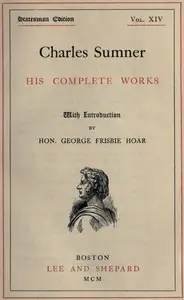
Charles Sumner: his complete works, volume 14 (of 20)
By Charles Sumner
Witness a senator's fight for justice and true democracy in a nation grappling with the aftermath of conflict and the promise of equality.
Summary
About the AuthorCharles Sumner was an American lawyer, politician, and statesman who represented Massachusetts in the United States Senate from 1851 until his death in 1874. Before and during the American Civil War, he was a leading American advocate for the abolition of slavery. He chaired the Senate Foreign Relations Committee from 1861 to 1871, until he lost the position following a dispute with President Ulysses S. Grant over the attempted annexation of Santo Domingo. After breaking with Grant, he joined the Liberal Republican Party, spending his final two years in the Senate alienated from his party. Sumner had a controversial and divisive legacy for many years after his death, but in recent decades, his historical reputation has improved in recognition of his early support for racial equality.
Charles Sumner was an American lawyer, politician, and statesman who represented Massachusetts in the United States Senate from 1851 until his death in 1874. Before and during the American Civil War, he was a leading American advocate for the abolition of slavery. He chaired the Senate Foreign Relations Committee from 1861 to 1871, until he lost the position following a dispute with President Ulysses S. Grant over the attempted annexation of Santo Domingo. After breaking with Grant, he joined the Liberal Republican Party, spending his final two years in the Senate alienated from his party. Sumner had a controversial and divisive legacy for many years after his death, but in recent decades, his historical reputation has improved in recognition of his early support for racial equality.

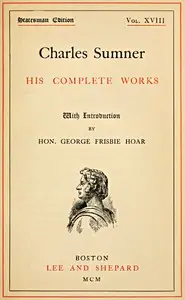
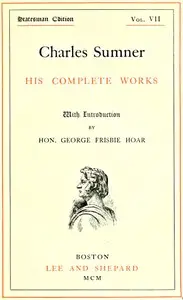
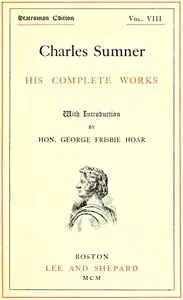
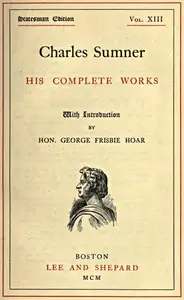
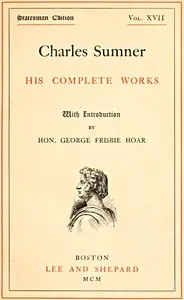
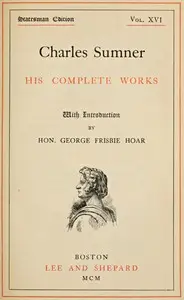
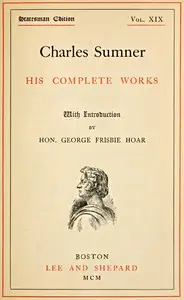
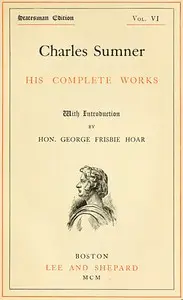

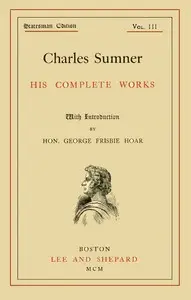
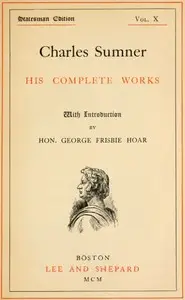
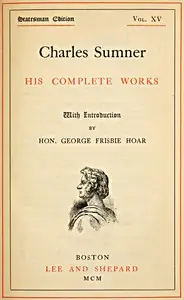





![Mesa Verde [Colorado] National Park by Anonymous](https://cdn.a2-host.cloud/-k_Jlpasp-_ebH9d7QQeL7zXPxvA6l7lRqoDm6zrqto/rs:fill:215:325:0/g:ce/aHR0cHM6Ly9zcC1hc3NldHMuczMudXMtd2VzdC0wMDQuYmFja2JsYXplYjIuY29tL2Jvb2svNDU1MzUvTWVzYV9WZXJkZV9Db2xvcmFkb19OYXRpb25hbF9QYXJrX2NvdmVyLmpwZw.webp)